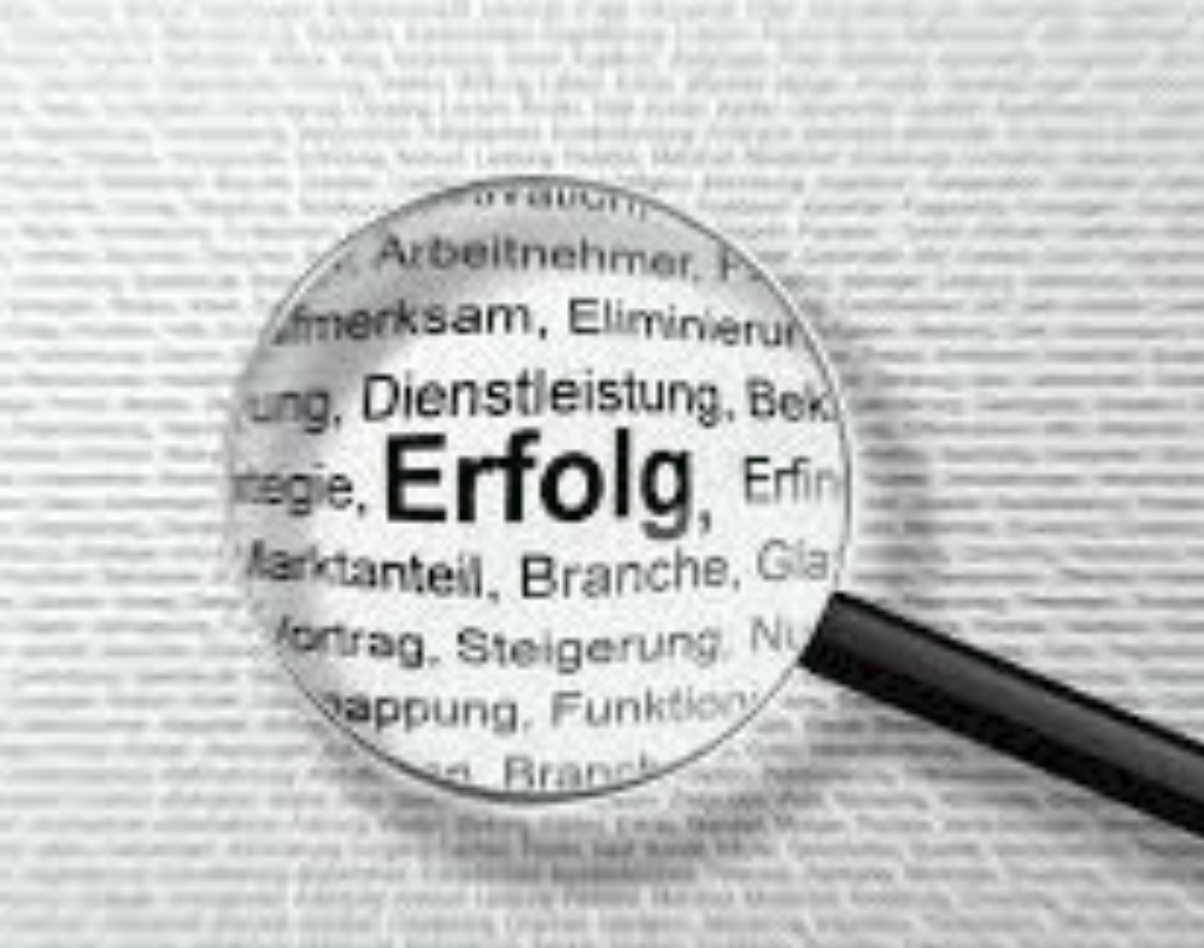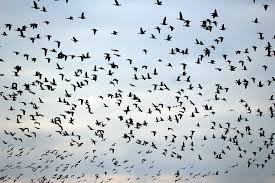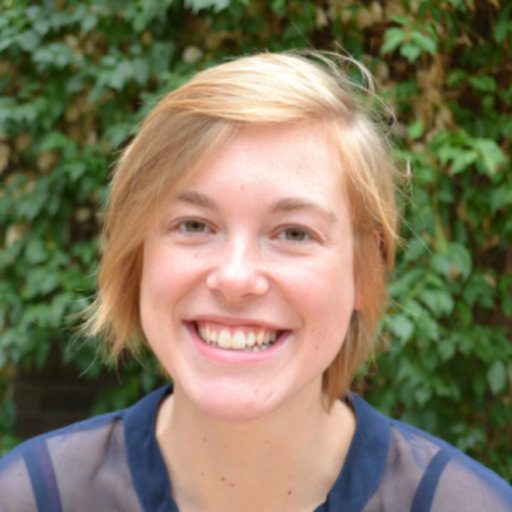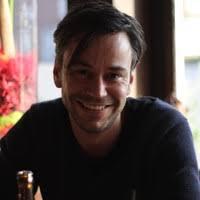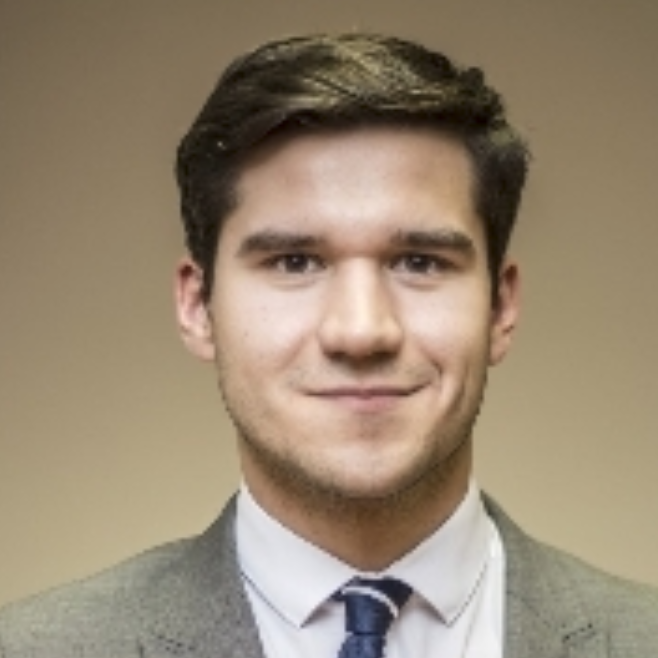-
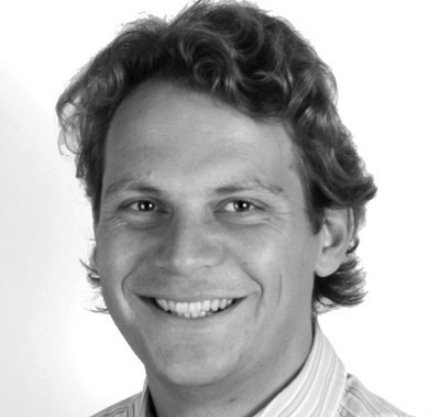
Eelke Heemskerk
Associate professor, UvA Political science
Eelke is associate professor of political science at the University of Amsterdam (UvA).
Eelke published on corporate governance, corporate elites, social networks and institutional reform in the Netherlands and Europe.
-
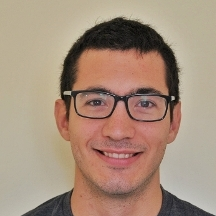
Javier Garcia
PhD, UvA Political science
Javier, part of CORPNET research group, is interested in economic networks and inequality.
He uses large datasets, network models and visualizations to understand how corporations organize in order to minimize taxation.
He is also interested in the role of stochasticity in networks to coordinate responses.
-
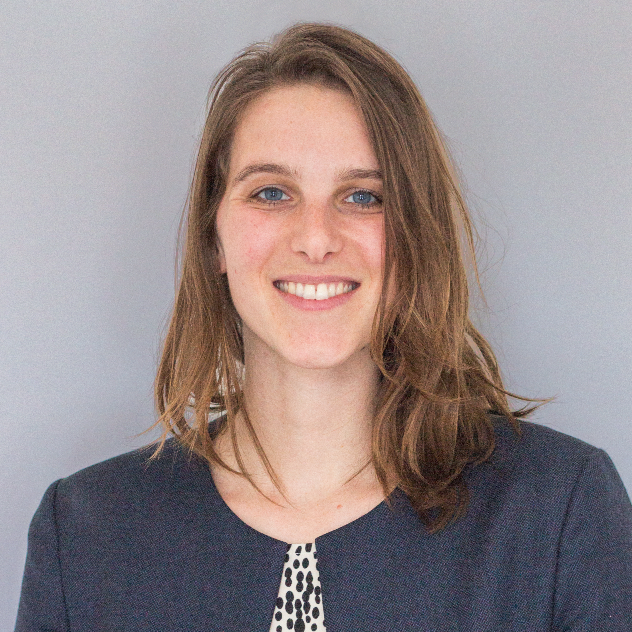
Anna Keuchenius
PhD, UvA Sociology
Anna investigates the spread of ideas, particularly scientific ideas. She explores both the structural and cultural patterns of diffusion.
She uses computational techniques such as network analysis and topic models in combination with qualitative techniques, such as
close reading.
-
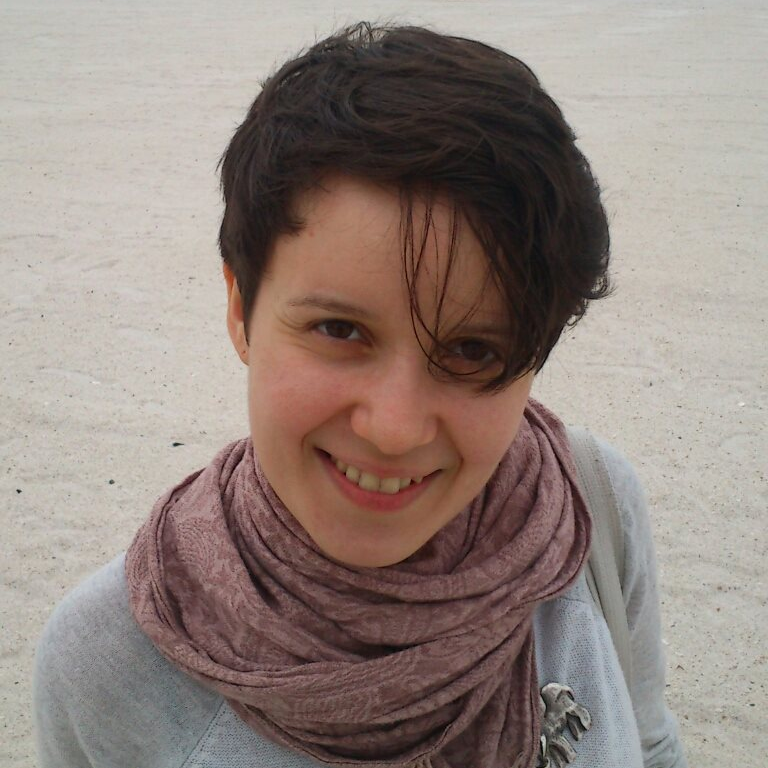
Diliara Valeeva
PhD, UvA Political science
Diliara, part of the CORPNET research group, explores properties of the global business elite networks. Using a large-scale temporal dataset of inter-corporate connections and
network analysis, she studies the formation and evolution of these networks in order to show "who rules the world" today.
Diliara loves networks, revealing hidden patterns, and exploring micro-macro connections in social systems.
-
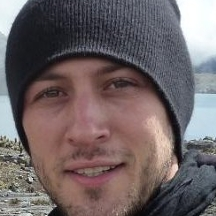
Jonas Halsbeck
PhD, UvA Psychology
Jonas is interested in modeling psychological phenomena (usually psychopathological symptomatology) from two perspectives: first, with statistical network / time series models
that can be identified by empirical data. And second, with plausible mechanistic theories formalized as dynamical systems.
Recently, he is especially interested in the relation between the two, and generally in how to empirically identify complex dynamical systems.
-
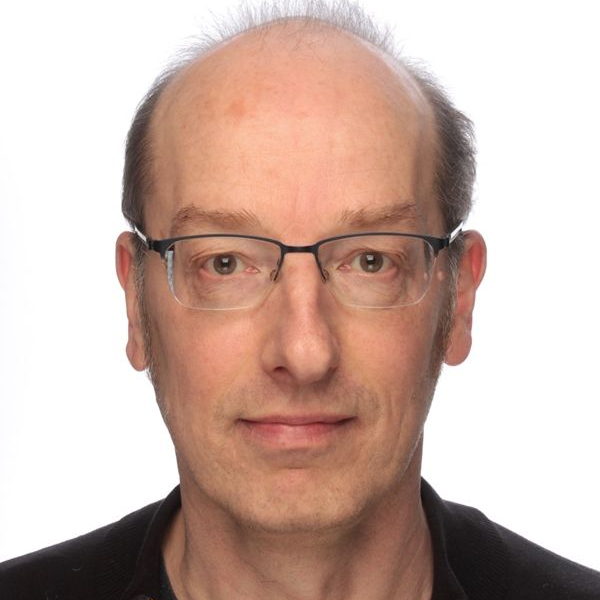
Jeroen Bruggeman
Associate Professor, UvA Sociology
Jeroen Bruggeman’s project is the creation of a sociology of humankind. It starts more than 300 kya in Africa, features cultural and genetic co-evolution as overarching approach,
incorporates (modern) sociological classics and complexity science when it comes to self-organization of macro structures, and has an innovative approach to collective action.
-
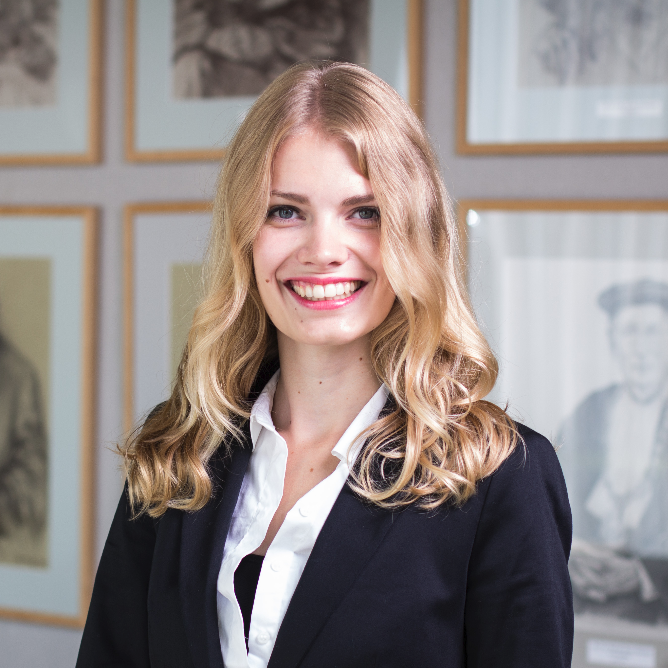
Susan Vermeer
PhD, UvA Communication Science
Susan Vermeer is a PhD Candidate in the program group Political Communication and Journalism at the Amsterdam School of Communication Research (ASCoR) at the UvA.
She writes her dissertation about news consumption in a world of news sites, algorithms, and social media. And, ultimately,
how this affects political interest and political participation.
-
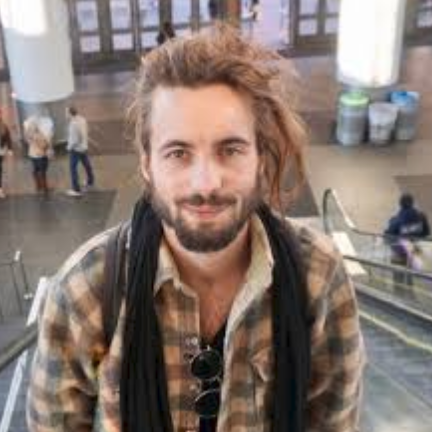
Petter Törnberg
Assistant Professor, UvA Sociology
Petter's research lies on the boundary between social science and complex systems, with a focus on conflict, power and identity through the lens of digital trace data,
combining computational methods with qualitative approaches to contribute to sociological theory.
-
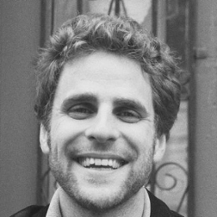
John Boy
Assistant Professor, Leiden University Sociology
John teaches urban studies and digital society and has research interests in the fields of digital sociology, urban sociology, sociology of religion,
and social and cultural theory. He is working on a book about social media and its implication in urban life and old and new status hierarchies.
After four years as a researcher at UvA, he is now an assistant professor of sociology at Leiden University.
-
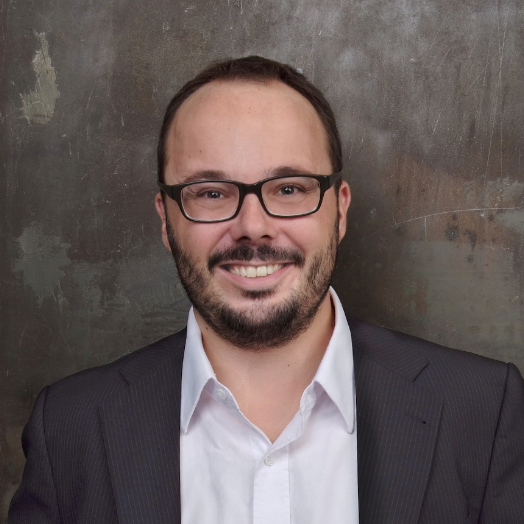
Sebastian Krapohl
Assistant Professor, UvA International Relations
Sebastian Krapohl is currently developing the research project ‘GLOBAL CODE’, which aims to develop evolutionary game theory models and computer simulations
on international cooperation and defection.
-
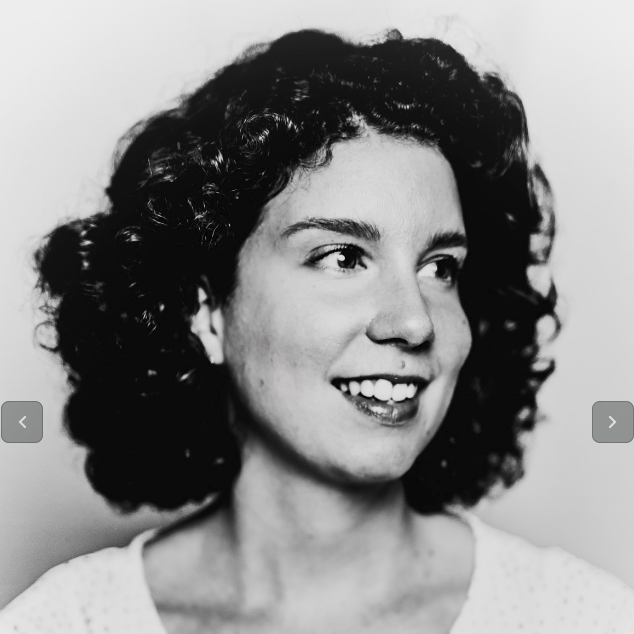
Ellis Aizenberg
PhD, UvA Political science
Ellis studies the participation, or so called lobbying activity, of corporations in the political process in Western Europe.
The objective of her academic endeavor is to understand why corporations lobby alone through addressing determinants at micro,
meso and macro level in the Netherlands, the United Kingdom and Germany. The wide variety of data types and methods provide a novel
insight in the development of the participation of corporations in the political process.
-
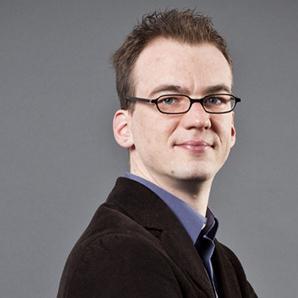
Damian Trilling
Assistant Professor, UvA Communication science
Damian conducts research in the realm of political communication and journalism. In particular, he is interested in the question
how the changing media landscape change political communication and journalism, how citizens, politicians, and journalists make
use of new tools and what the impact of these changes is.
-
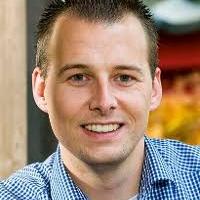
Frank Takes
Assistant Professor, UvA Political science
Frank works on analyzing real-world socio-economic networks such as social networks, corporate and economic networks and infrastructure networks.
The aim is typically to extract real-world insights from the network structure in a data-driven manner.
-
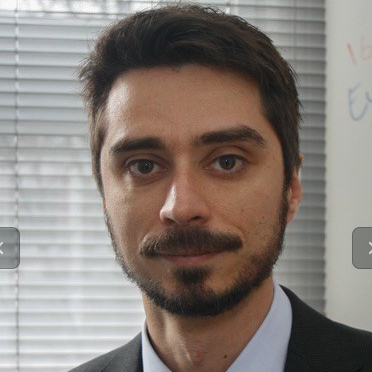
Theo Araujo
Assistant Professor, UvA Communication science
Theo is co-director of the Digital Communication Methods Lab (digicomlab.eu) and his research focuses on the increasing adoption of
artificial intelligence and related technologies within our communication environment as well as applications of computational
methods within communication research.
-
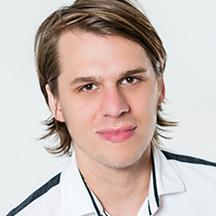
Gijs Schumacher
Assistant Professor, UvA Political science
Gijs is the director of the Hot Politics Lab. He uses computational methods to analyze the rhetoric of politicians,
and to simulate political competition. In addition to that, he develops physiological measures to study how people respond to political rhetoric.
Read more on Gijs' website.
-
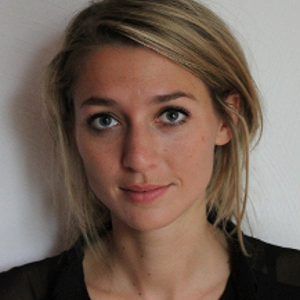
Anne Kroon
Assistant Professor, UvA Communication science
Anne's research focuses on bias and stereotypes in media content. Using computational methods and time-series analysis, she tries to understand how diverse social groups are portrayed in the media across time,
and with what consequences.
-
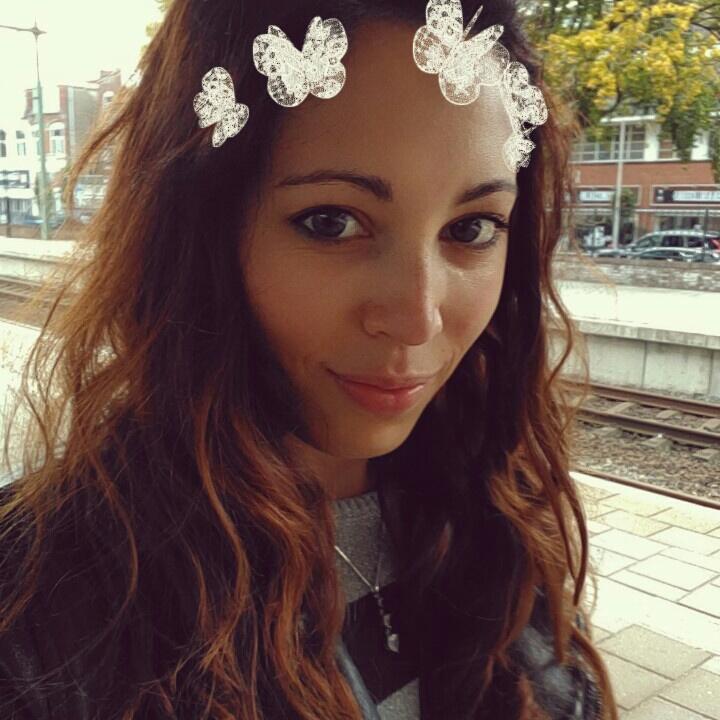
Livia Teernstra
PhD, UvA Sociology
Livia investigates political polarization through the analysis of politicians on Twitter. She is particularly interested in using rich network data in order to uncover
patterns of polarisation and cooperation amongst political elites across several countries.
-
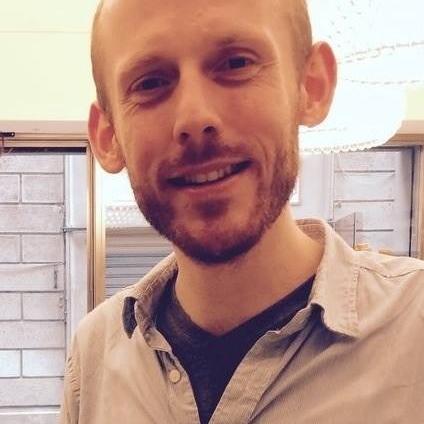
Martijn Schoonvelde
Visiting Researcher, UvA Political science
Martijn is a political scientist who uses text mining methods to study communication by political leaders and media effects on voter attitudes and behavior.
-
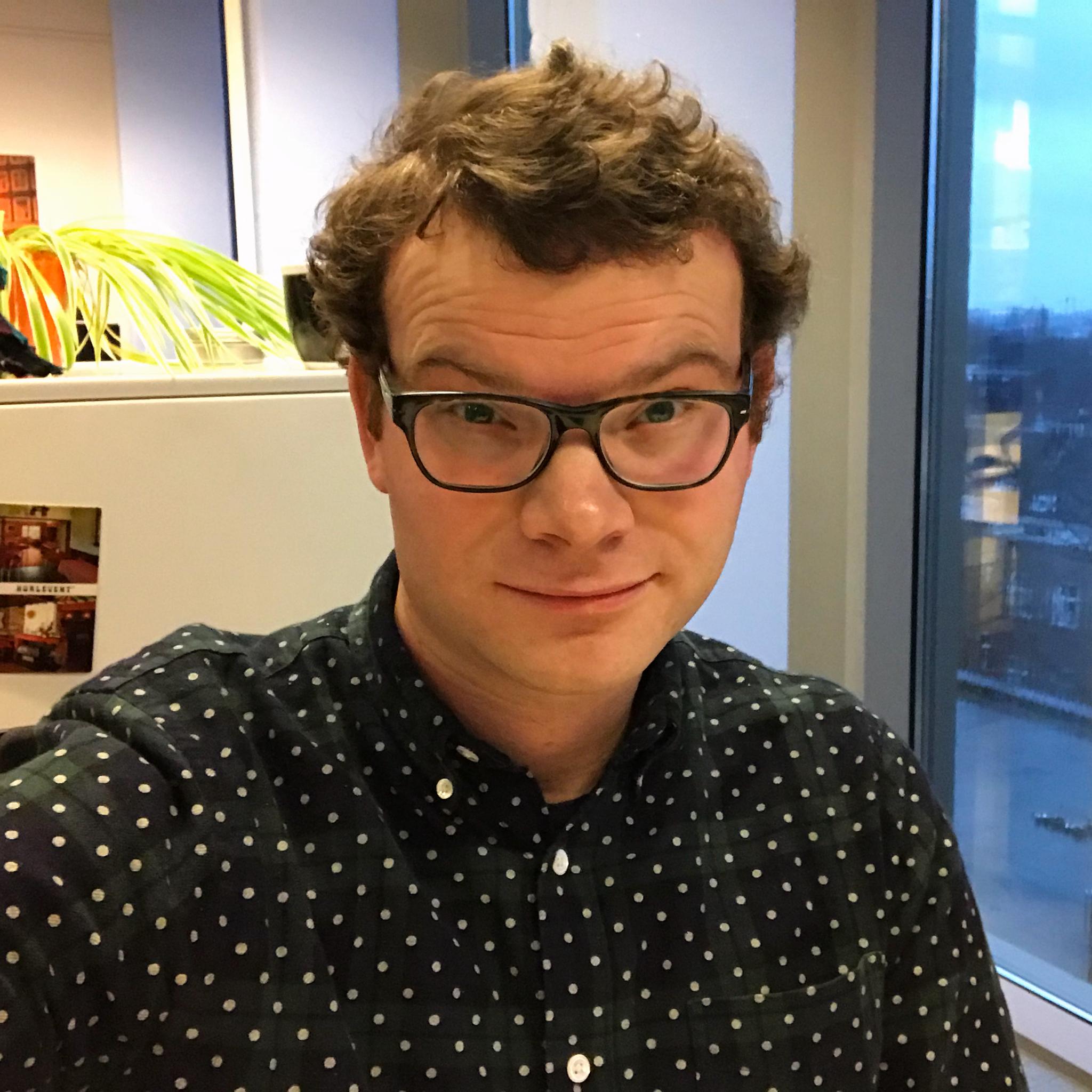
Rens Wilderom
PhD, UvA Sociology
Rens focusses on the emergence and institutionalization of electronic dance music in the US, UK, and the Netherlands. Drawing on various methods,
such as time series analysis, topic modeling, and network analysis, he is generally interested in the sociological/historical question of
how “fields” come to be, and how they change.
-
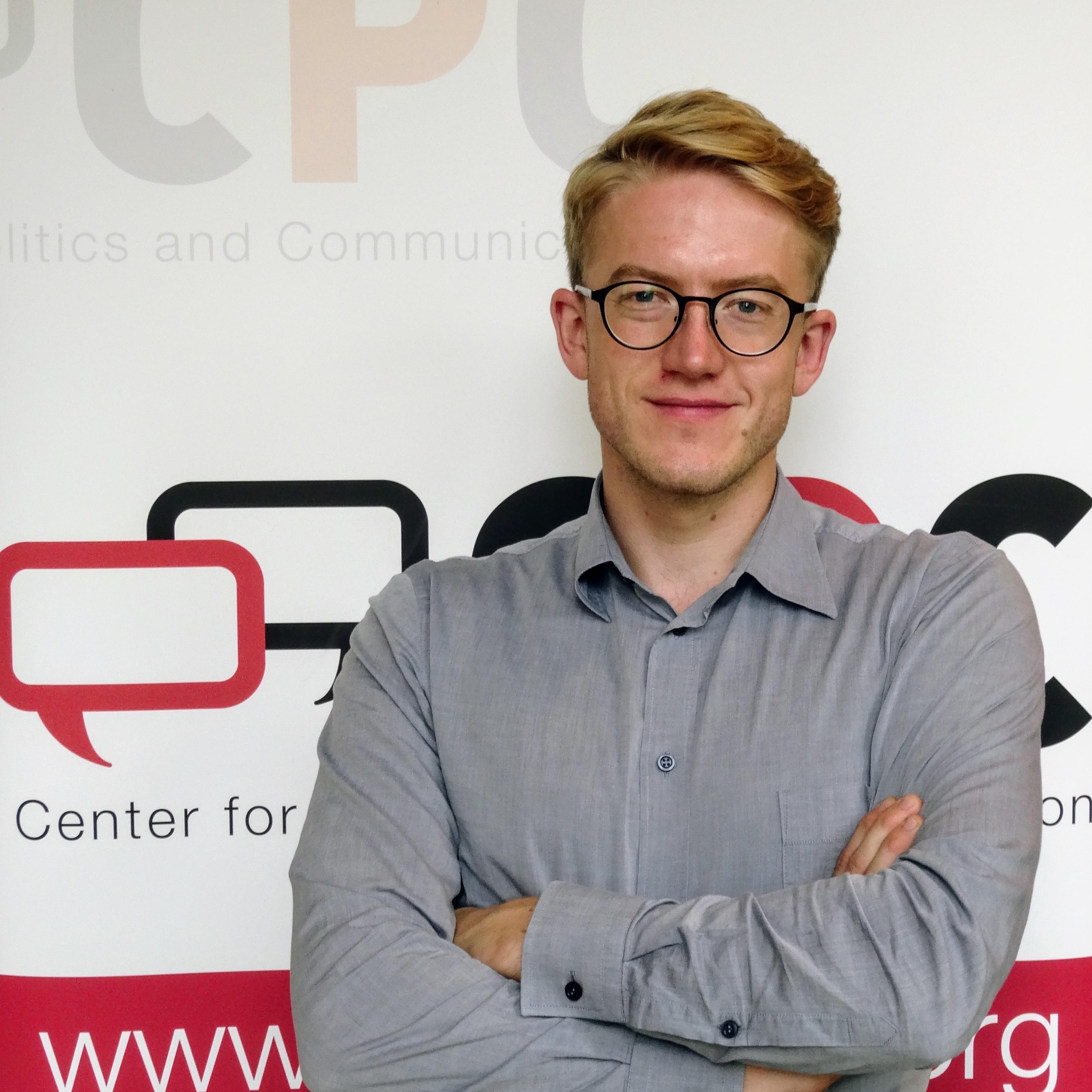
Robin Tschötschel
PhD, UvA Communication science
Robin studies the role of controversy and consensus in news coverage about climate change and related areas (energy, transport, science, and the environment).
In his work he combines qualitative research, automated text analysis, and network analysis as tools for studying discourses and audience responses to media content.
-
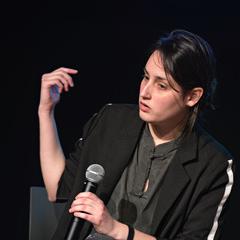
Emillie de Keulenaar
Junior researcher, UvA Humanities
Emillie works at the Open Intelligence Lab (OILab) where she researches intellectual dynamics within online political subcultures, particularly how far-right ideas evolve and disseminate across the web. In her current project, she helps to digitise and organise thousands of years of European and Dutch history.
-
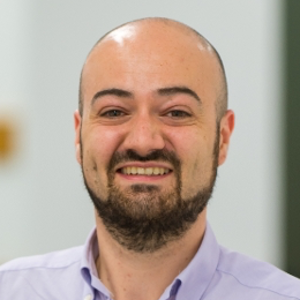
Giovanni Colavizza
Assistant Professor, UvA Humanities
Giovanni is an Assistant Professor of Digital Humanities at UvA, and visiting researcher at The Alan Turing Institute and the Centre for Science and Technology Studies (CWTS), Leiden University. Giovanni is interested in how data science can contribute to the scientific endeavour, and to society at large. He is particularly passionate about science studies, the arts and humanities, and the study of the past through an interplay of computational and traditional methods.
-
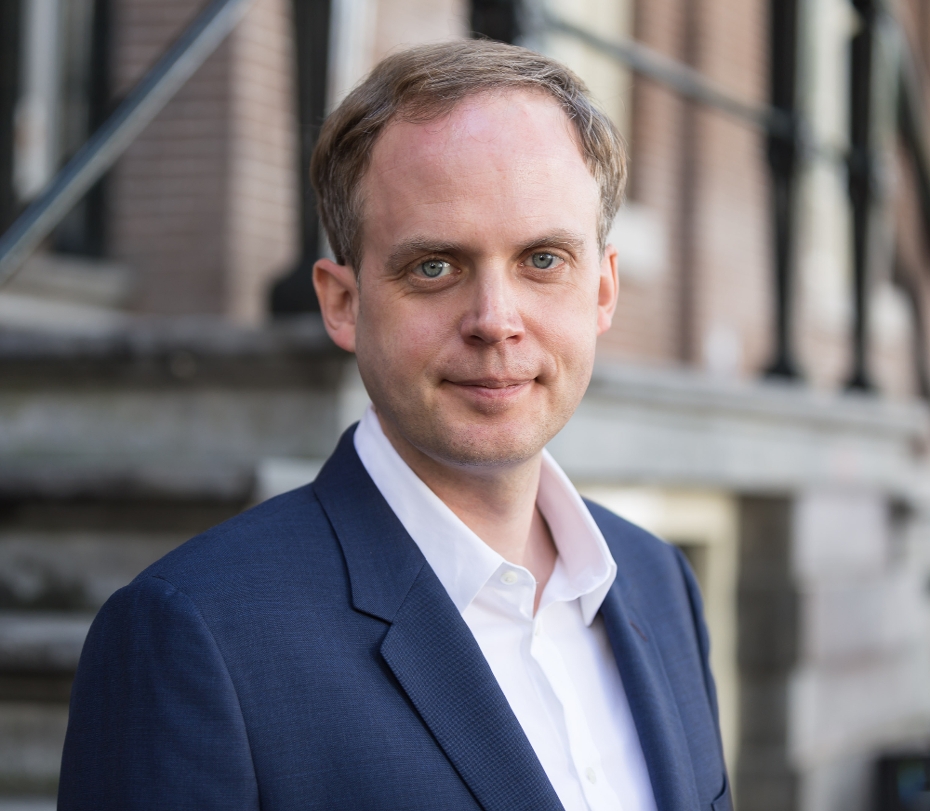
Tobias Blanke
University Professor of Humanities and AI, UvA
tba

